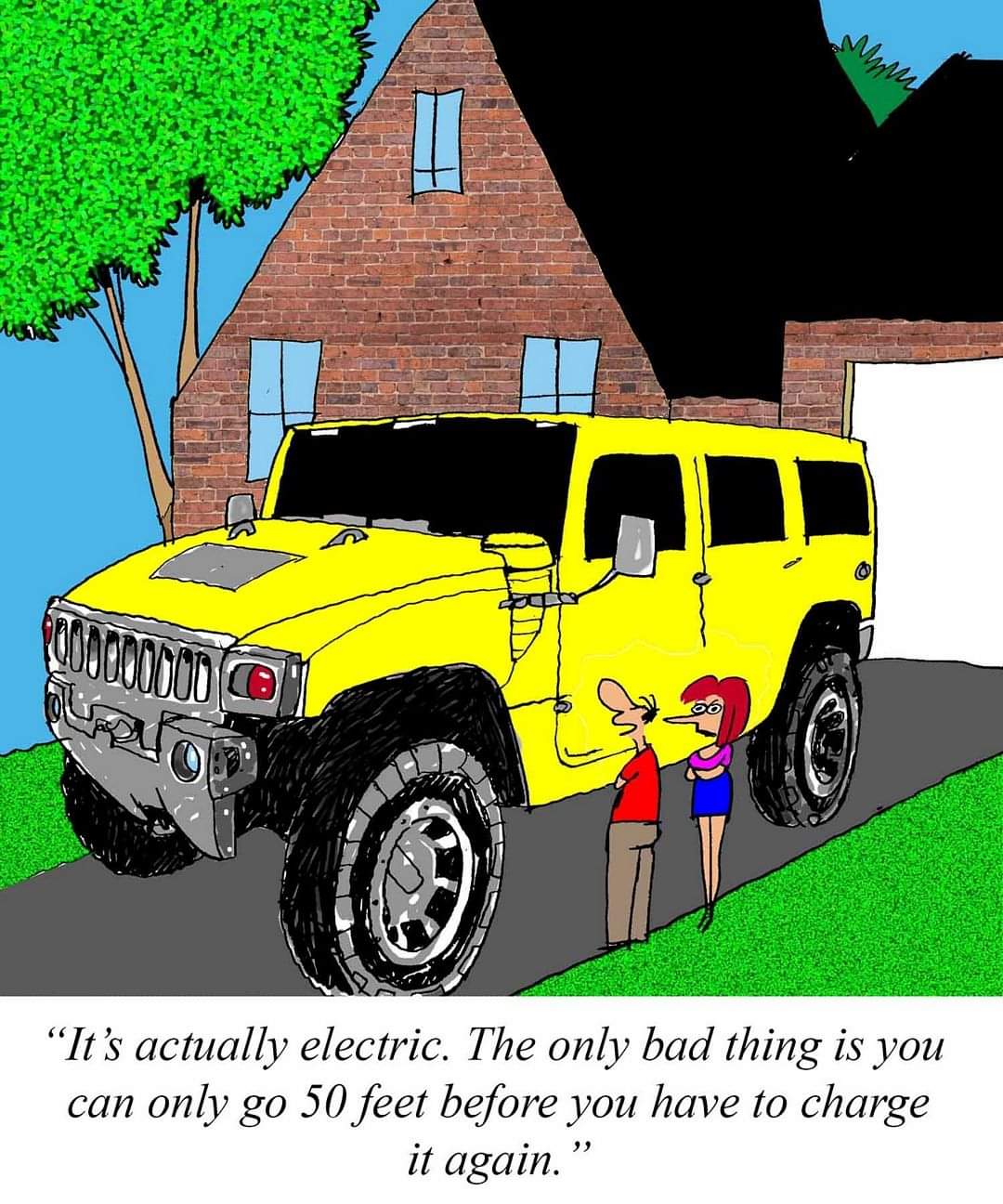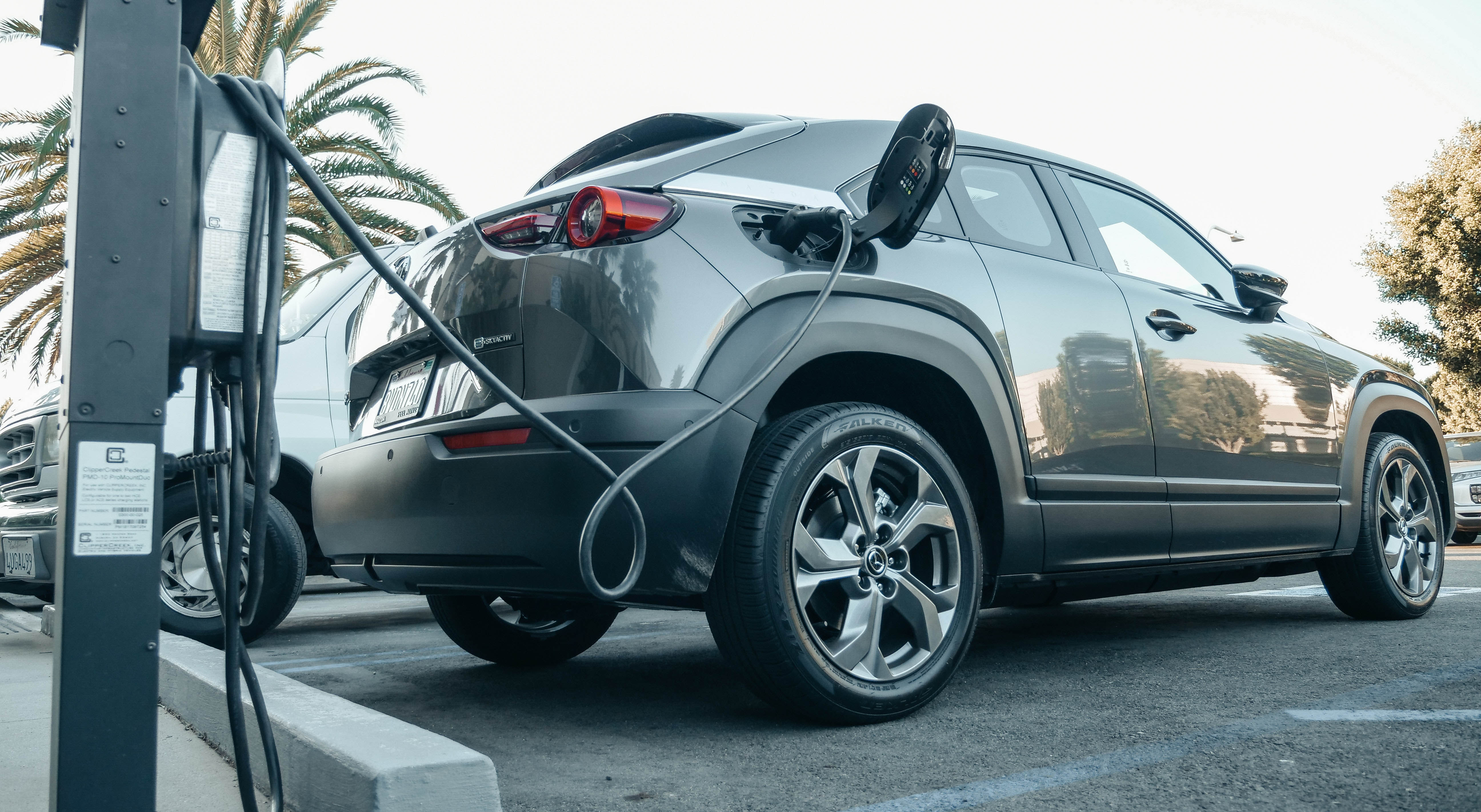Articles this week declared that California is moving forward with a total ban on the sale of gasoline powered vehicles by 2035. Everyone knows that California is a state on wheels, with around 2 million vehicle registrations each year, so that is a huge move that will have far-reaching effects. Technically it is new gasoline-powered vehicle sales that are banned. Used gas vehicles could still be sold and traded. Currently, only 12% of new cars sales in California are plug-in electric vehicles.
There are several reasons this will make all of us in the United States poorer. Here are ten.
First, California is not the only state affected. At least three other states have pledged to follow California in this goal: Massachusetts, Vermont and Virginia. Twelve other states have made similar if not identical commitments. So, if the push to electric cars will have a negative economic impact, that impact will be felt by well over half the population of the country and the rest of the country will be impacted as well.
Second, it is impossible [for me] to quantify the impact on auto makers who will have to retool factories to abandon their popular gas models and produce electric versions. Chrysler has announced it will stop producing its popular Dodge Charger and Challenger in favor of what must be considered wimpier electric models and Ford has unveiled an electric Mustang. It’s hard to imagine that replacing muscle cars (VROOM!) with electrics (hmmm) will fly with a public that loves power and speed. And what of the auto dealerships? It’s conceivable many will just go away, with the accompanying loss of jobs.
Third, the electrical grid and electrical generation infrastructure is inadequate for the increased load that will be placed on it by the mandated transition to electric transportation. According to energyprofessionals.com, blackouts and brownouts cost Americans about $18 billion-to-$33 billion annually, due to lost wages to employees, spoiled inventory, delayed, inconvenienced or missed business opportunities. They are talking about now and in past years, not an all-electric transportation future.
Add to that the fact that those pushing for the end of fossil-fuel vehicles are also pushing to end fossil and even nuclear energy PRODUCTION and you have a recipe for disaster. There is no way wind and solar energy production can supply our current electrical energy needs, much less the increased load created by transitioning to all electric vehicles. What will be the economic impact of regular electrical outages on businesses of all types and the people who patronize them? What about schools and medical facilities? We’re in third-world-country territory here.
Fourth, not only will demand for electricity increase, one big disadvantage of electric vehicles is charging time. Technological advances may be able to reduce charging times, but at present, the time required to “fill up” and get back on the road is measured in hours – as many as eight – compared to two or three minutes to fill a gasoline tank. Add to that the fact that many electric cars can only travel about 250 miles on a charge and you have a vehicle that would require days to travel a distance you could accomplish in hours with a gas car. If time is money, electric cars will cost a lot in productivity.

Fifth, the cost of replacing the battery pack in an electric car can easily be more than the car is worth. The early adopters who bought the first electric cars are experiencing sticker shock when they learn that, at approximately 70,000 miles they must spend about $25,000 to replace the battery pack. I expect many of these cars will simply be abandoned at that point.
Sixth, besides the costs listed above, basic economics tells us increased demand will (must!) mean increased electricity prices. The electricity market is inter-state, meaning states often buy electrical power from other states, so the economic impact will be nationwide.
Seventh, gasoline cars PRODUCE electricity for many of their functions, like lights, radios, internal computers, etc. With electric vehicles, all that electrical power has to be produced elsewhere and the vehicle’s battery charged so the car can not only move, but have lights, a radio, etc. So, gas-powered vehicles are actually their own electrical power plants. It’s true that electric vehicles are able to gain back some power during braking, but it’s nowhere near that of the energy production ability of a gas-powered vehicle.
Eighth, while this mandate will force electrical energy prices up, there will be even greater inflation in the nation generally, because as I mentioned in my last post, the hilariously misnamed “Inflation Reduction Act” includes barrels of money for “green” energy companies. Apparently we didn’t learn anything from the Solyndra and similar company bailouts during the Obama administration.
Ninth, so far, I have limited this post to automobiles, but over-the-road trucking will be impacted as well and the news is not good for them either. Can you imagine the impact on the prices of consumer goods of requiring truckers to drive 200 miles and then spend eight hours charging? Or will the range be even less, due to the fact that a HUGE battery will be required to pull so much weight and the battery itself will add to the overall weight and power requirement of the vehicle? The laws of physics are not suspended for “green” energy. This will affect the price of EVERYTHING.
Tenth: And what about farming (California is huge in farming)? The trend for decades has been toward corporatizing and mechanizing farming so that many farms are thousands of acres. Farm equipment drives long distances. What will farmers do when their combine needs charging five miles away from the barn? I guess the most practical solution will be a mobile diesel-powered generator, if they are allowed.
I’m sure there are more causes for concern, but this is enough for now.
Image: Pexels.com







